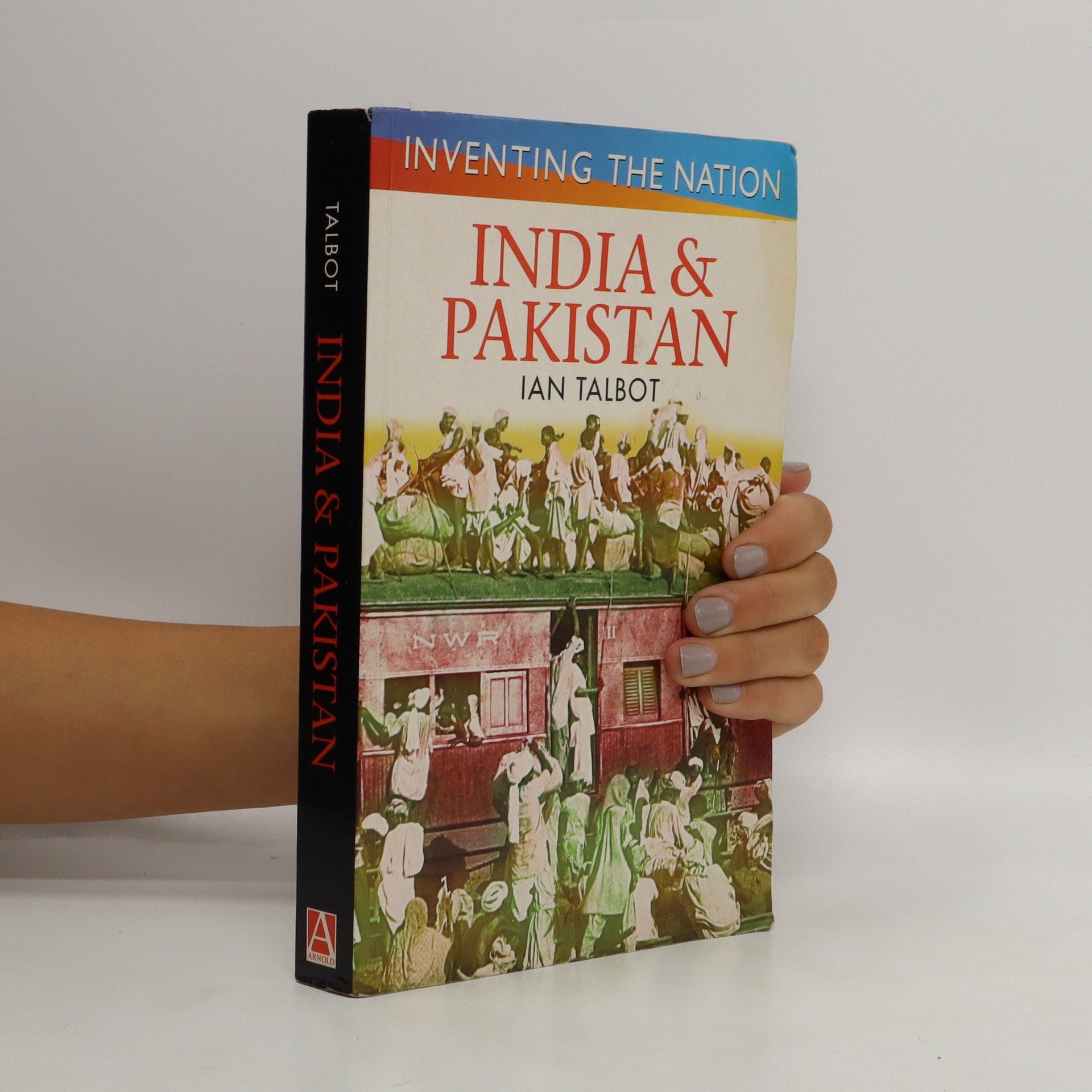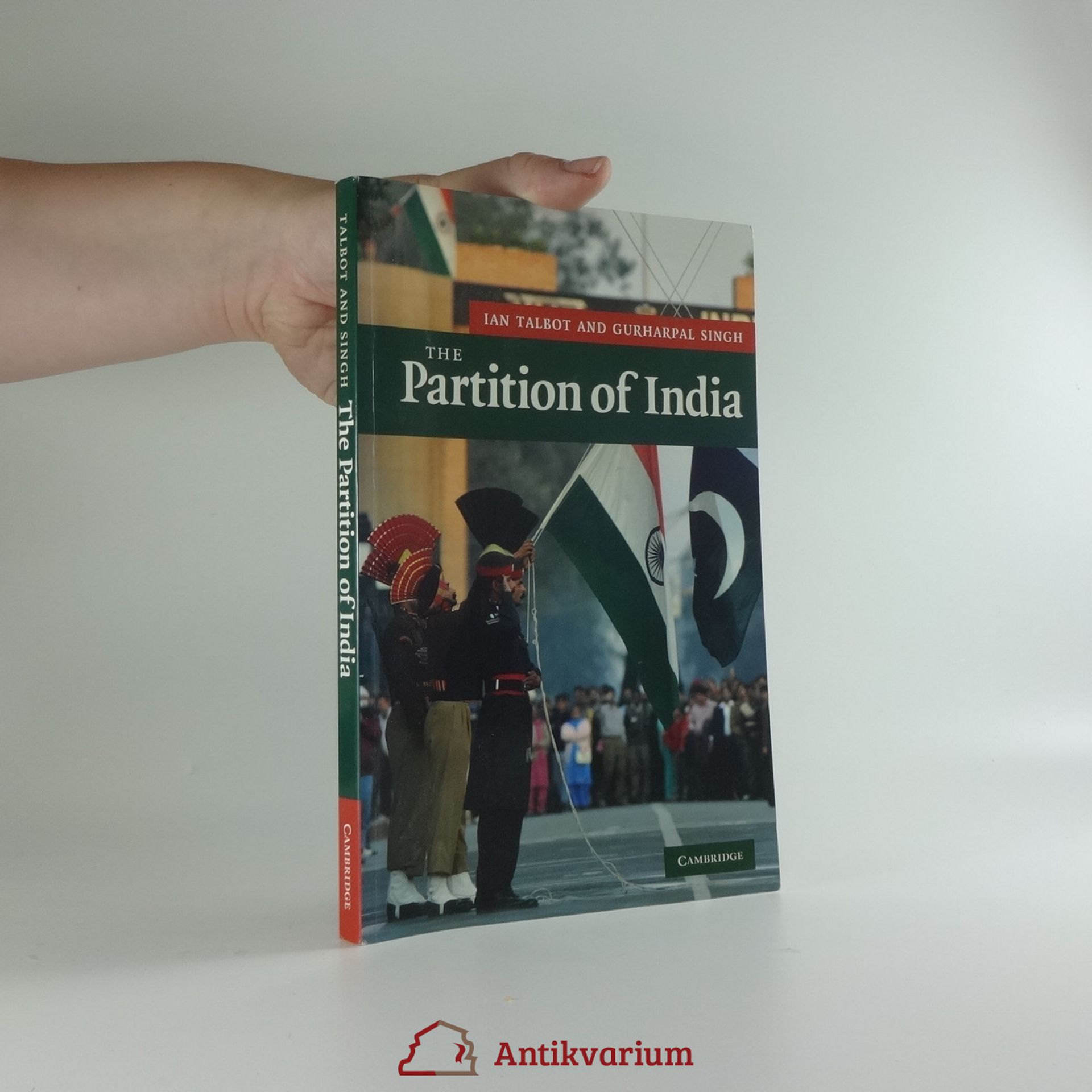The Partition of India
- 206 Seiten
- 8 Lesestunden
The British divided and quit India in 1947. The partition of India and the creation of Pakistan uprooted entire communities and left unspeakable violence in its trail. This volume tells the story of partition through the events that led up to it, the terrors that accompanied it, to migration and resettlement. In a new shift in the understanding of this seminal moment, the book also explores the legacies of partition which continue to resonate today in the fractured lives of individuals and communities, and more broadly in the relationship between India and Pakistan and the ongoing conflict over contested sites. In conclusion, the book reflects on the general implications of partition as a political solution to ethnic and religious conflict. The book, which is accompanied by photographs, maps and a chronology of major events, is intended for students as a portal into the history and politics of the Asian region.


